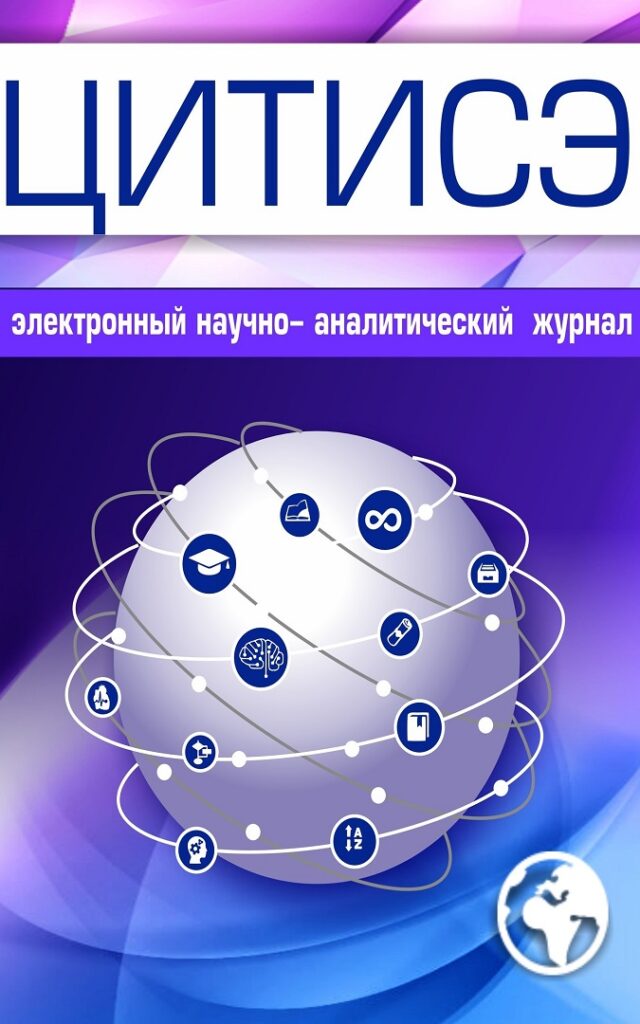Shcherbakova A.I.
INDIA’S PLACE IN THE NEW SYSTEM OF GEOPOLITICAL COORDINATES
Research Full article
UDC 327.57
Abstract. Today, the system of global geopolitical coordinates is in the process of transformation. The world community is witnessing a situation in which the world order, which has been functioning for decades, is undergoing drastic changes. The increase in the number of centers of world economic and political development, the strengthening of the positions of new global and regional leading countries lead to a change in the structure of the world order, the formation of new architecture, rules and principles of the world order. Methodology. The following methods are used to conduct the research: historical and descriptive method, content analysis; document research; a systematic method for considering political events from the point of view of analyzing the global political system to identify the interdependence of individual elements of the world political system. New centers of regional and global interaction are being updated. The role and place of regional powers in the structure of global world politics requires a serious rethink. In this regard, India demonstrates qualitative and quantitative growth in all spheres, which makes it a vivid example of the shift of the centers of power in the global geopolitical space. Conclusions. It can be noted that India’s geopolitical role in the Indo-Pacific region and in the world as a whole is acquiring qualitatively new indicators. The result of the formation of the Indo-Pacific region is a shift in the economic and political center of gravity in its direction. It is absolutely possible to say that today the country has regained the status of a regional power.
Keywords: regional power, Asia-Pacific region, Indo-Pacific region, India, global world agenda, geopolitical space.
References:
- Agreement between the government of the Russian Federation and the government of the Republic of India «On the program of military-technical cooperation from 2021 to 2031» [Electronic resource]. President of Russia. 2021. (In Russian). Access mode: http://www.kremlin.ru/supplement/5746 (accessed 17.11.2023).
- Amirakulova A.A. Foreign policy of India: foundations of formation and main principles. Bulletin of the Diplomatic Academy of the Ministry of Foreign Affairs of the Kyrgyz Republic named after Kazy Dikambaev. 2022, no. 17. pp. 37-42. (In Kyrgyz Republic). URL: https://elibrary.ru/item.asp?id=48705485
- Volodin A. G. India’s foreign Policy in 2021: achievements and problems. West – East – Russia 2021: Yearbook. Moscow. Primakov National Research Institute of World Economy and International Relations of the Russian Academy of Sciences, 2022. pp. 142-145. (In Russian). URL: https://elibrary.ru/ciwuml
- Ryazantsev S.V. The influence of the new Indo-Pacific region on the countries of Southeast Asia in the context of competition from the USA, China, India and Russia. Southeast Asia: current problems of development, 2021. no. 3. pp. 18-35. (In Russian). URL: https://elibrary.ru/item.asp?id=47937720
- Unnikrishnan N. India’s approaches to multilateral cooperation and Eurasian institutions. Russia in global politics, 2019. no. 2. pp. 36-44. (In Russian). URL: https://globalaffairs.ru/articles/podhody-indii-k-mnogostoronnemu-sotrudnichestvu-i-evrazijskim-institutam/
- Zhang Ch. Political interaction between India and China in the context of expanding Indian influence. Issues of political science, 2022. no. 3. pp. 891-899. (In Russian). URL: https://elibrary.ru/item.asp?id=48235423
- Shaumyan T.L. India at global crossroads. Free Thought, 2022. no. 2. pp. 145-155. (In Russian). URL: https://elibrary.ru/item.asp?id=49958729
- About the Indo-Pacific from the horse’s mouth: the Minister of Foreign Affairs of India spoke at the Valdai Club. [Electronic resource]. Valdai Club. 2019. (In Russian). Access mode: http://ru.valdaiclub.com/events/posts/articles/ministr-inostrannykh-del-indii-v-klubevaldai/ (accessed 17.11.2023).


